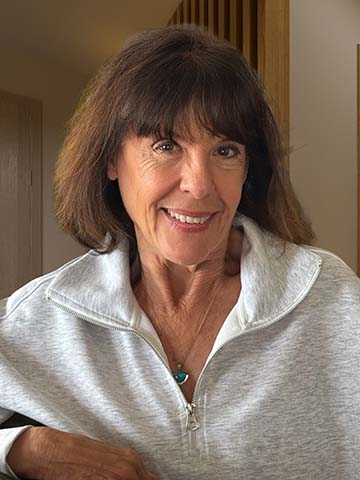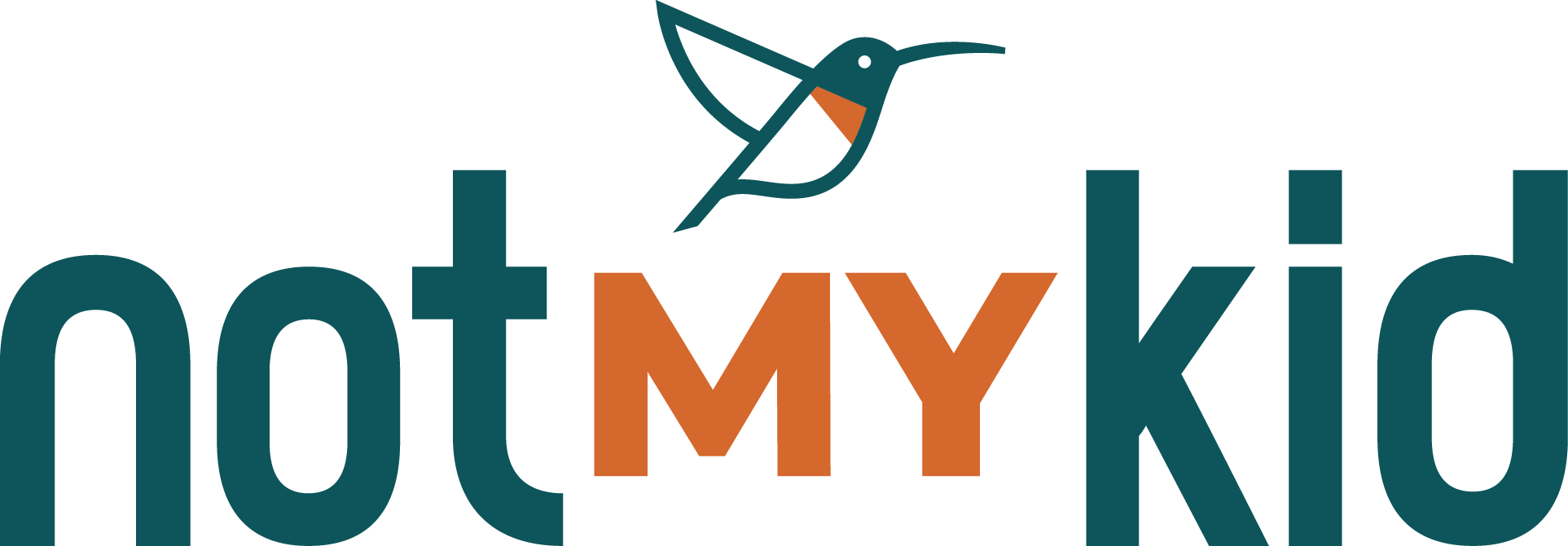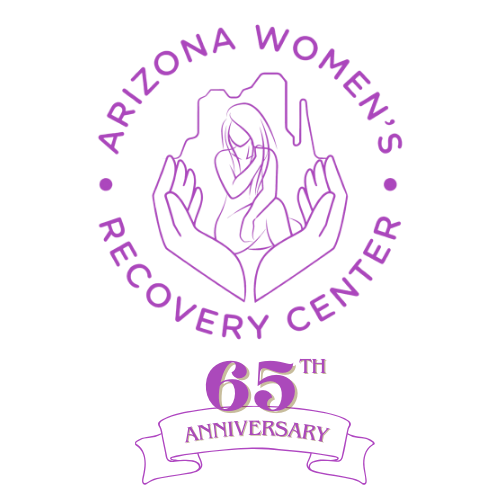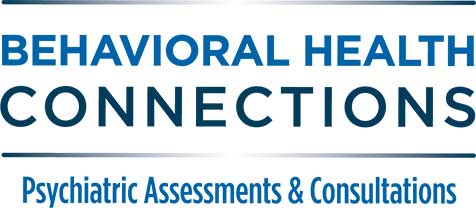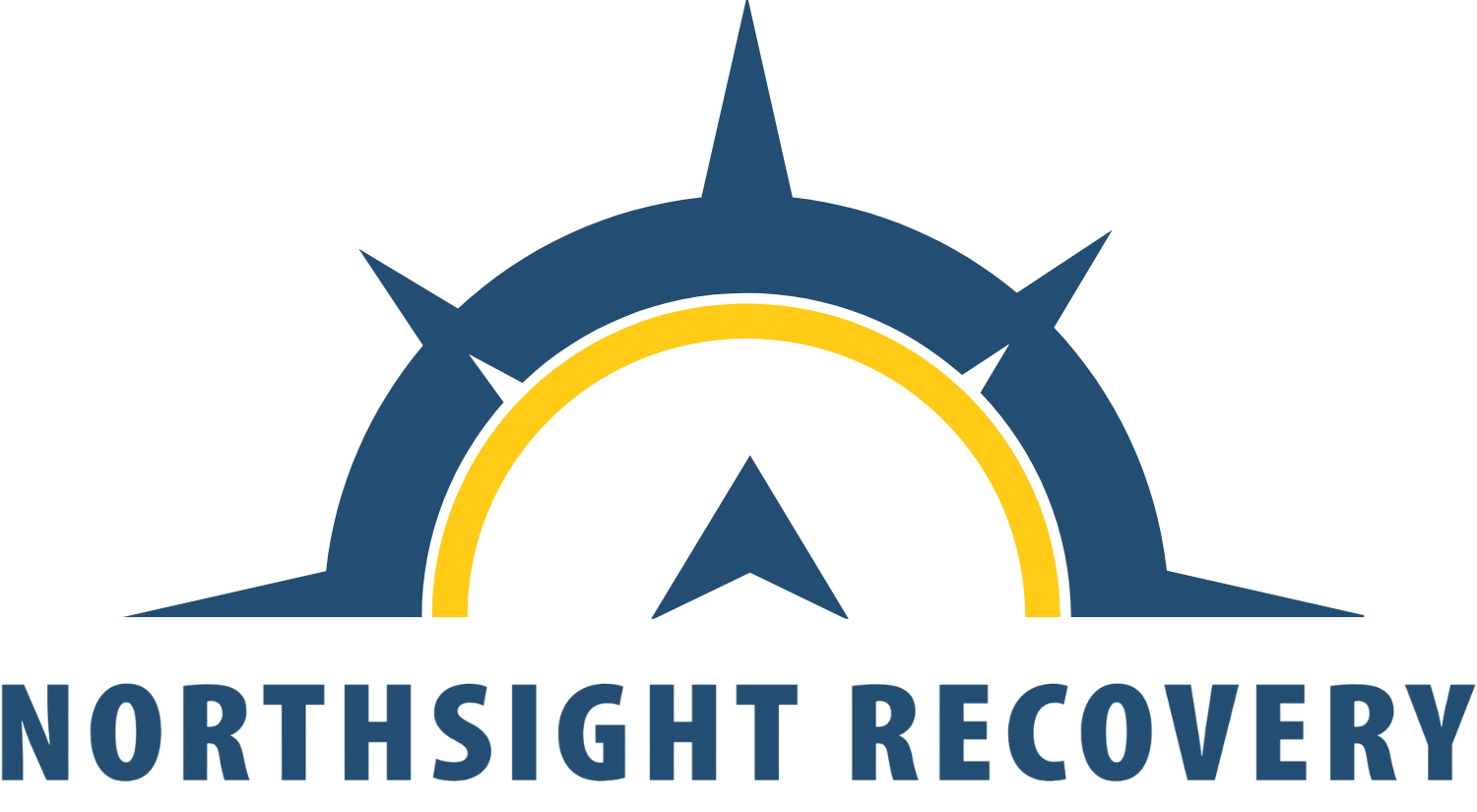Navigating Mental Healthcare in Arizona
By Michael Nelson
The need for accessible and intensive mental health Outpatient services has increased significantly for Arizonans in recent years. The World Health Organization reported a 25% increase in prevalence of depression and anxiety symptoms worldwide since the outbreak of the COVID-19 pandemic. Additionally, the National Library of Medicine reported a 23% increase in alcohol abuse and 16% increase in drug abuse from 2019 to 2021.
Rising to the occasion with education and resources
As mental health and substance use issues increase in our community it is imperative that we rise to the occasion and provide education, resources, and interventions to help individuals and families to navigate the system of mental health and access to care to meet their needs in a timely manner. The Arizona community of mental health professionals are dedicated to offering high quality, intensive, and accessible services for all those who may need help, wherever they may find themselves on their journey to recovery.
If you are new to seeking mental health services, you may not know about the various levels of care that are available to you. There are many levels of care tailored to your specific needs including, standard Outpatient care, Intensive Outpatient Services, Partial Hospitalization Programs, Therapeutic Group Homes, Residential Treatment Centers, and Inpatient Hospitalization. Each level of care adds another layer of intensity, frequency, and insulated treatment to ensure the patient is safe and their needs are met to provide the best possible treatment to propel them towards a life of improved functioning and fulfillment. Although the most common form of treatment is individual counseling 2 – 4 times per month, there are other, more intensive, options that may be necessary due to the increased concerns we have observed in recent years.
Making a break from unhealthy patterns
If you feel stuck in an unhealthy pattern of behavior or need more intensive services, I would recommend scheduling an intake assessment to determine if an Intensive Outpatient Program (IOP) or Partial Hospitalization Program (PHP) is right for you. IOP services include individual counseling, group counseling, and psychiatric services for adults and adolescents. IOP requires a commitment of attending sessions three times per week for approximately eight weeks. Each session is three hours long which includes psychoeducation and processing groups, and other therapeutic interventions founded in evidence-based therapy models.
PHP programs are similar but offer up to five hours of programming per day and weekly psychiatric services to increase stabilization and focus on daily functioning.
I know that some of you may read group therapy and think to yourself, “that is not for me.” However, I believe that all can benefit from group therapy because it provides peer support and unique perspectives from individuals that have gone through similar experiences and challenges. I also believe it builds a sense of community which combats the growing epidemic of loneliness. The United States Surgeon General described this epidemic by reporting, “about one-in-two adults in America reported experiencing loneliness. And that was before the COVID-19 pandemic cut off so many of us from friends, loved ones, and support systems, exacerbating loneliness and isolation.” Group Therapy offers a safe and therapeutic environment to confront feelings of fear and isolation related to loneliness. It also cultivates a sense of belonging and connectedness that is a fundamental need for all humans.
Benefits of Telehealth
Perhaps some of you are reading this article from a rural location and thinking, “I cannot access these services because I live too far away.” Thankfully, Telehealth Outpatient services are available to offer treatment regardless of your proximity to mental health facilities. If you have a laptop or smart phone, you can log into your group sessions via ZOOM or other telehealth platforms. Virtual services are ideal for those who cannot travel long distances or have personal reasons for participating in services from the comfort of their home.
If you are feeling overwhelmed, isolated, or hopeless, please know you are not alone. I empathize with the frustration that many individuals and families experience as they attempt to navigate the complexities of the mental health system in Arizona. I know our assessors have met many individuals and families that are overwhelmed and do not know where to turn next. If you are seeking Outpatient behavioral health services for yourself or a loved one, I would like to introduce you to a few facilities in your local area that offer free consultation both in-person or virtually.
- Via Linda Behavioral Hospital: https://vialindabehavioral.com/
- Quail Run Behavioral Health: https://quailrunbehavioral.com/
- Valley Hospital: https://valleyhospital-phoenix.com/
- Calvary Healing Center: https://calvarycenter.com/
- Palo Verde Behavioral Health: https://paloverdebh.com/
No matter where you are at in your journey to recovery, you are welcome. If you cannot participate in person but would like to explore virtual options, you are welcome. If you are concerned about a loved one but do not know where to turn, you are welcome. We are here to help. Don’t hesitate to reach out and ask questions. The more people educated about mental health needs, intensity of treatment options, and accessing care, no matter where you are, the more connected we will be, the less lonely we will feel, and the healthier we can become, together.
Michael Nelson is a licensed social worker and has worked in various capacities in the Arizona social work field since 2014. He currently serves as Executive Director of Outpatient services for Quail Run Behavioral Health. He also works in private practice offering psychotherapy for children, adults, and families.

